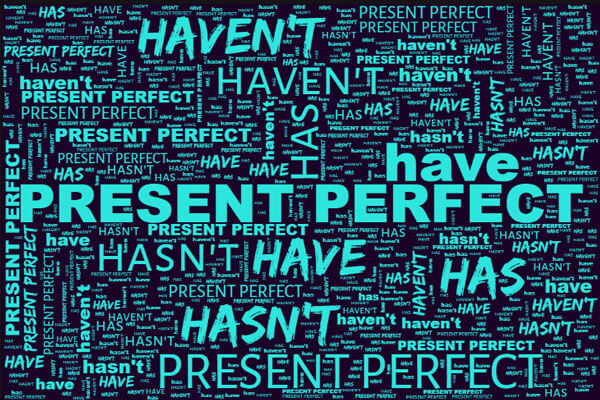Present Perfect

Explanation
This tense is used to talk about actions happening in a recent past and which relate to the present, it indicates in a way that the action just happened or has happened recently.
The present perfect tense is used to describe actions or events that:
Happened at an unspecified time in the past and are still relevant or connected to the present.
Example: I have visited Paris.
Started in the past and continue into the present.
Example: She has lived here for five years.
Have just been completed.
Example: They have just finished dinner.
Present Perfect Affirmative
Subject + Have / Has + Past Participle form of The Verb + the rest of the sentence.
In this tense, the use of the auxiliaries "Have - Has" depends on the subject of the sentence.
If the Subject is or equals "He - She - It" we use the auxiliary "Has" + Past Participle of the verb.
If the subject is or equals "I - You - We - They" we use the auxiliary "Have" + Past Participle of the verb.
If the main verb of the sentence is regular, the Past Participle form is the same as the Past Simple, that is to say, we add "-ed" to the end of the verb.
If the verb of the sentence is irregular, it is written according to the 3° column of the list of irregular verbs (Past Participle).
Examples
I have finished my homework.
She has visited New York.
They have eaten lunch.
He has bought a new phone.
Present Perfect Negative
Subject + Have Not / Has Not + Past Participle of The Verb + the rest of the sentence.
In the negative form, the same structure as in the affirmative form is used but you add "not" to the auxiliary verb, writing...
Have not = Haven't or Has not = Hasn't.
Examples
She hasn't studied for the lesson.
They haven't visited Australia yet.
My best friend has not worked with him.
They have not bought a new car.
Present Perfect Interrogative
Have / Has + Subject + Past Participle of The Verb + the rest of the sentence ...?
In the interrogative form, the auxiliaries "Have or Has" are written before the subject of the sentence and the verb is also written in Past Participle.
Examples
Have you finished your homework?
Has she ever been to London?
Have they eaten lunch yet?
Has it rained today?
Quiz to Practice
Test your knowledge of the Present Perfect tense! This quiz will help you practice using 'have' and 'has' with past participles. Perfect for beginners who want to improve their English grammar.
Learn this content with audios, offline and free in TeacherApp English









